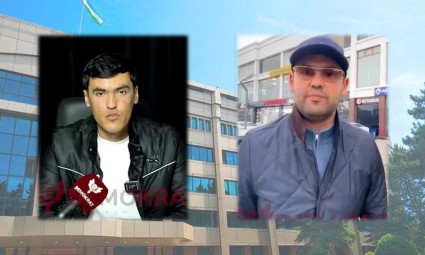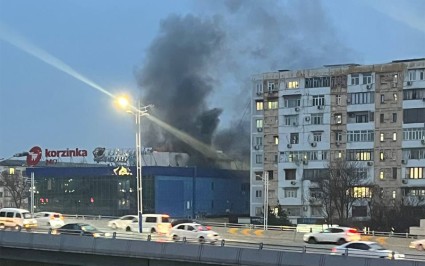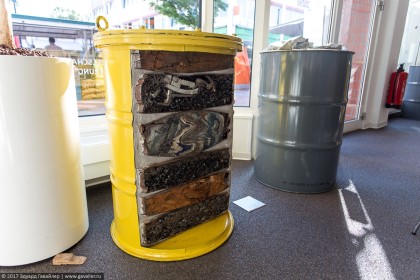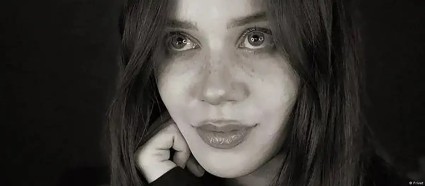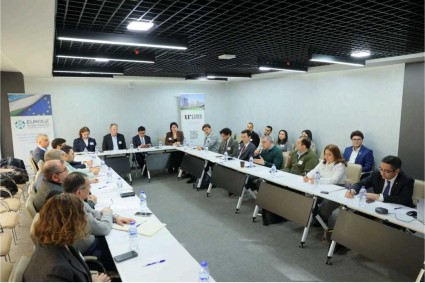Early presidential elections in Uzbekistan, which took place on July 9, were "technically well-prepared" but devoid of "genuine competition." Such conclusions were made by international observers of the Office for Democratic Institutions and Human Rights of the Organization for Security and Cooperation in Europe (OSCE/ODIHR).
The ODIHR began election observation on 7 June and will conclude its work on 18 July. On July 10, representatives of the mission presented their preliminary findings. The mission, led by Urszula Gacek, consisted of 16 experts in Tashkent and 24 long-term observers in the regions. On election day, another 198 observers from 26 OSCE member states were involved.
“All registered candidates had the opportunity to campaign freely, they had equal conditions for the production and distribution of campaign materials, the organization of events and access to public funding,” Urszula Gacek said at a press conference in Tashkent.
However, according to observers, the election campaign "was sluggish" and campaign meetings "often looked orchestrated." Gacek also added that the candidates did not express "alternative political views".
“Of course, [the campaign] was seen on billboards and [campaign] materials were circulating, but … constructive criticism and discussion of different points of view is what is typical for a lively campaign,” Gacek said.
The mission noted that, as required by law, candidates received free airtime in state media, although campaign coverage was "limited" and the incumbent "received disproportionate news coverage."
There was a "lack of analytical reporting" in the media, the ODIHR said, which in turn prevented voters from "making an informed choice."
Election day itself, ODIHR observers point out, “flowed calmly,” but they assessed the voting process “negatively” at a significant number of polling stations. Among the “serious violations” that the mission noticed were the addition of a large number of voters to additional lists without proper protective measures, allowing voters to vote without identification, as well as voting in confidence (on behalf of family members) and not respecting its secrecy.
In addition, at some polling stations, observers noted "signs of ballot stuffing" and "numerous instances of identical-looking signatures on voter lists."
The mission also believes that the counting and tabulation processes are "concerned" and there was a "discrepancy" between the number of voters and the official preliminary turnout figures.
Urszula Gacek declined to give specific turnout figures, saying observers would need a "significantly larger sample." “But there seemed to be a discrepancy that became quite obvious,” she said.
The head of the mission noted that as a result of reforms in the legislative sphere in Uzbekistan, some of the previous recommendations of the ODIHR were taken into account, although the recommendations key for the democratic process "still have not been reflected in the legislation."
Urszula Gacek clarified that the recommendations of the ODIHR are “non-binding” and their implementation depends on the OSCE participating State that invites observers and chooses which of them are “most useful”.
“We don’t give anyone a plan or an exact roadmap. We are just sending a signal in a general direction,” the head of the mission said.
The full version of the report with the preliminary findings of the OSCE/ODIHR mission can be read here.
It should be noted that on the morning of the same day, representatives of the leadership of the Central Election Commission of Uzbekistan, answering the questions of the journalist "America Ovozi" about significant differences in the assessment of the elections, the ODIHR and the CEC, stated that the recommendations of the ODIHR, which Uzbekistan considers acceptable, are gradually being introduced into the legislation. At the same time, it was noted that "Uzbekistan has its own peculiarities of the legislative system, its own political culture and its own legal culture."
The mission of observers from the CIS, in turn, stated that "the elections were held on an alternative basis, were transparent, open, fair and consistent with the principles of holding democratic elections."

